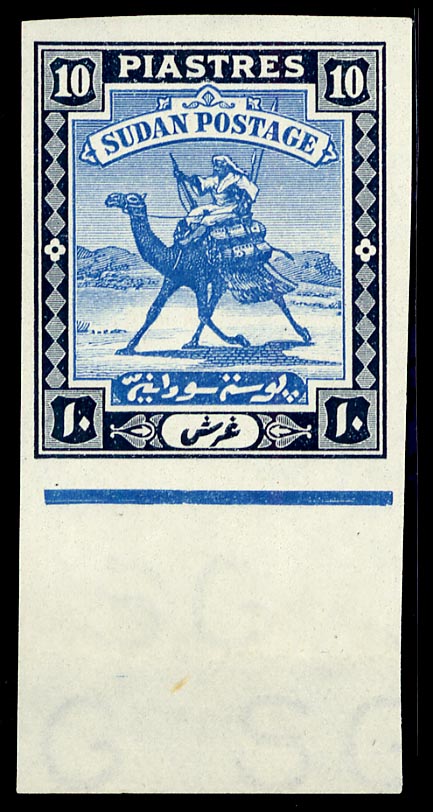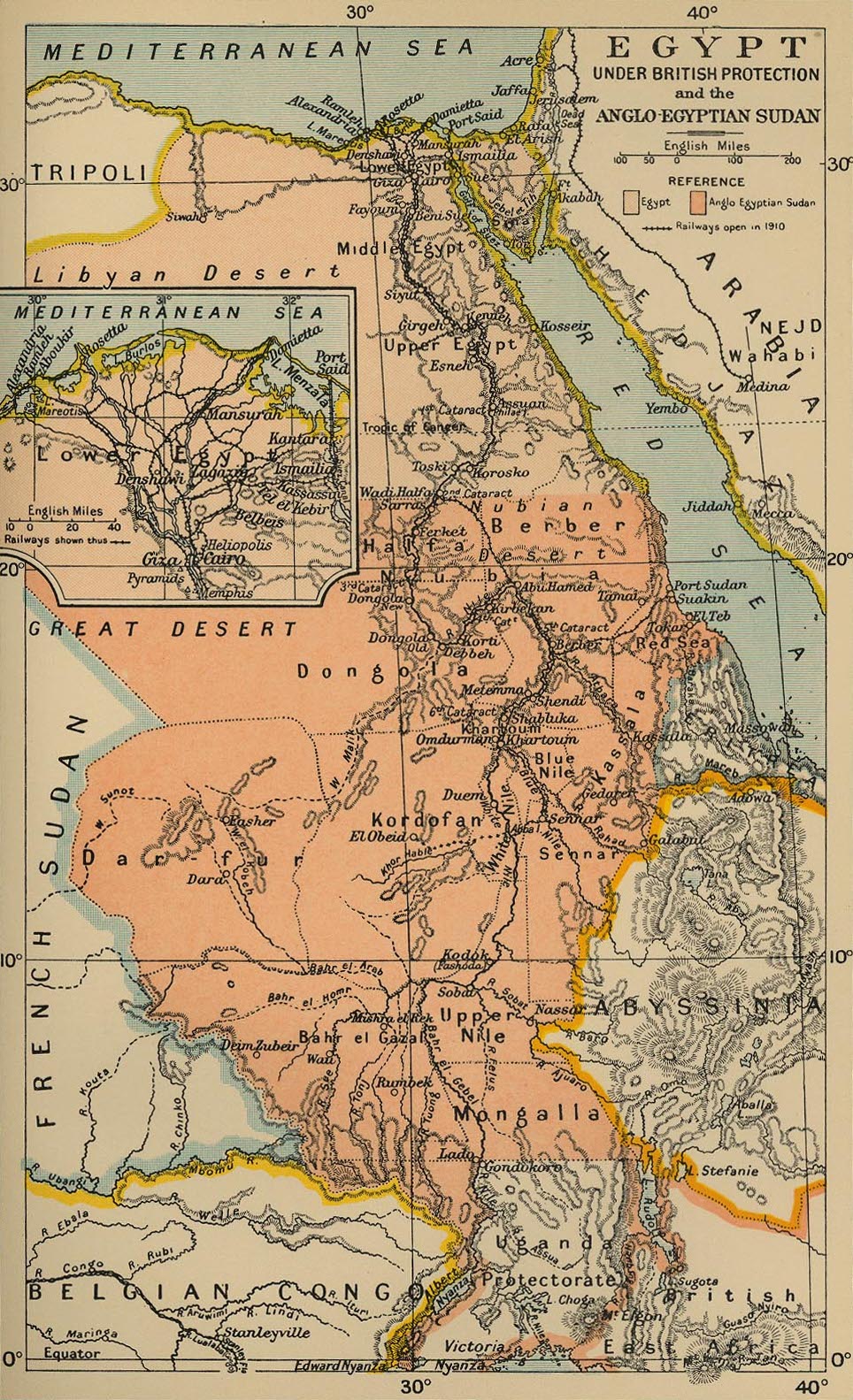|
Percy Coriat
Percy Coriat (1898–1960) was a British colonial officer in Anglo-Egyptian Sudan, an administrator among the Nuer, and, the first British official who became fully conversant in Nuer Language. Biography Coriat was born in 1898 and dropped out of school in 1914 at the age of 16 to join the British military. He joined the Sudan Political Service in 1922 and served as District Commissioner in Nuerland from 1922 to 1931. During his 10 years as a District Commissioner among the Nuer, he married a Nuer wife, for whom he swapped entire bridewealth livestock, and became the first British official to become fully conversant in Nuer. Coriat was the first administrator who could be called an authority on the Nuer after obtaining local Nuer relatives and acquaintances, and he, like many others in his administrative post, imposed colonial authority on the Nuer. Coriat was a Political Officer on a patrol dispatched to the Gaawar Nuer in 1928. He also participated in campaigns against th ... [...More Info...] [...Related Items...] OR: [Wikipedia] [Google] [Baidu] |
British Empire
The British Empire comprised the dominions, Crown colony, colonies, protectorates, League of Nations mandate, mandates, and other Dependent territory, territories ruled or administered by the United Kingdom and its predecessor states. It began with the English overseas possessions, overseas possessions and trading posts established by Kingdom of England, England in the late 16th and early 17th centuries, and colonisation attempts by Kingdom of Scotland, Scotland during the 17th century. At its height in the 19th and early 20th centuries, it became the List of largest empires, largest empire in history and, for a century, was the foremost global power. By 1913, the British Empire held sway over 412 million people, of the world population at the time, and by 1920, it covered , of the Earth's total land area. As a result, Westminster system, its constitutional, Common law, legal, English language, linguistic, and Culture of the United Kingdom, cultural legacy is widespread. ... [...More Info...] [...Related Items...] OR: [Wikipedia] [Google] [Baidu] |
Anglo-Egyptian Sudan
Anglo-Egyptian Sudan ( ') was a condominium (international law), condominium of the United Kingdom and Kingdom of Egypt, Egypt between 1899 and 1956, corresponding mostly to the territory of present-day South Sudan and Sudan. Legally, sovereignty and administration were shared between both Egypt and the United Kingdom, but in practice the structure of the condominium ensured effective British control over Sudan, with Egypt having limited local power and influence. In the meantime, Egypt itself fell under increasing British influence. Following the Egyptian Revolution of 1952, Egypt pushed for an end to the condominium, and the independence of Sudan. By agreement between Egypt and the United Kingdom in 1953, Sudan was granted independence as the Republic of Sudan (1956–1969), Republic of the Sudan on 1 January 1956. In 2011, the south of Sudan itself became independent as the Republic of South Sudan. Muhammad Ali of Egypt, Muhammad Ali Muhammad Ali's rise to power, took contr ... [...More Info...] [...Related Items...] OR: [Wikipedia] [Google] [Baidu] |
Nuer People
The Nuer people are a Nilotic peoples, Nilotic ethnic group concentrated in the Greater Upper Nile region of South Sudan. They also live in the Ethiopian region of Gambela Region, Gambella. The Nuer speak the Nuer language, which belongs to the Nilotic languages, Nilotic language family. They are the second-largest ethnic group in South Sudan and the largest ethnic group in Gambella, Ethiopia. The Nuer people are pastoralists who herd cattle for a living. Their cattle serve as companions and define their lifestyle. The Nuer call themselves "Naath". Overview The Nuer people have historically been undercounted because of the semi-nomadic lifestyle. They also have a culture of counting only older members of the family. For example, the Nuer believe that counting the number of cattle one has could result in misfortune and prefer to report fewer children than they have. Their South Sudan counterparts are the Horn peninsula's westernmost Horners. History The Nuer people are said t ... [...More Info...] [...Related Items...] OR: [Wikipedia] [Google] [Baidu] |
Sudan Political Service
The Sudan Political Service was the name given to the cadre of officials of the Sudan Civil Service who were mainly engaged in administrative functions in Anglo-Egyptian Sudan between 1899 and 1955 (or 1956). They were distinguished from those members of the Sudan Civil Service who served on military, departmental, or technical staffs. A small service which had fewer than 400 members over the course of its entire existence, the Sudan Political Service had a reputation for being an elite service whose members took a genuine, if paternalistic interest in the welfare of the Sudanese. Name The Sudan Political Service acquired its name in the 1920s, though the name does not seem to have ever been officially sanctioned. Origins Its founding is generally dated to the Anglo-Egyptian conquest of Sudan in 1899, when the Anglo-Egyptian Condominium Agreement established a condominium in Sudan, headed by a governor-general. At first, with the exception of some British civilian experts i ... [...More Info...] [...Related Items...] OR: [Wikipedia] [Google] [Baidu] |
Nuerland
Nuerland (Nuer language, Thok Naath: Ro̱l Naath, Arabic:بلد النوير, Nickname: the True Savannah) is the indigenous homeland and traditional territory of the Nuer people, situated largely within South Sudan between the latitudes of 7° and 10° north and longitudes of 29° and 32° east. The region encompasses parts of the Upper Nile (state), Upper Nile State, Jonglei State, Unity (state), Unity State, and surrounding areas, characterized by a mix of swamps, savannahs, and higher ground. The Nuer are a Nilotic peoples, Nilotic ethnic group primarily engaged in pastoralism, with cattle playing a central role in their economy, social structure, and cultural practices. The landscape of Nuerland, marked by its seasonal floods, dictates the semi-nomadic lifestyle of the Nuer, who move between higher grounds and swampy areas in accordance with the dry and wet seasons. Historically, the Nuer have had a complex relationship with neighboring ethnic groups, including Dinka peopl ... [...More Info...] [...Related Items...] OR: [Wikipedia] [Google] [Baidu] |
Ngundeng Pyramid
Ngundeng Pyramid (Nuer language, Thok Naath: Bi̱ɛh ŋundɛŋ or Yi̱k, Arabic: هرم نغوندنغ), also known as Pyramid of Dengkur, was a large mound shrine constructed by the Nuer people, Nuer people's prophet Ngundeng Bong (died 1906) at the end of the nineteenth century and added to by his son Guek Ngundeng (died 1929). The Ngundeng Pyramid, which was around 300 feet in circumference and 50 to 60 feet tall, cone-shaped, and encircled by a row of elephant tusks, was a symbol of the Nuer people's resistance to colonialism. The monument was dynamited on the orders of British Empire, British colonial commander Percy Coriat in 1928, shortly after the first attempt to demolish it failed. The construction of the Ngundeng Pyramid was believed to have begun in 1870 and was completed in four years in stages. The first phase began with the construction of huts for Ngundeng followers, who are the builders, which lasted one year; the second phase, which was the building phase, lasted ... [...More Info...] [...Related Items...] OR: [Wikipedia] [Google] [Baidu] |
Ngundeng Bong
Ngundeng Bong (c. 1830–1890) was a prophet of the Nuer people of South Sudan believed to having been conceived by his mother Nyayiel Malual through spirit. He presented himself as being an earthly representative of Deng, the sky god of the Nuer religion. His prophecies of the breakup of Sudan Sudan, officially the Republic of the Sudan, is a country in Northeast Africa. It borders the Central African Republic to the southwest, Chad to the west, Libya to the northwest, Egypt to the north, the Red Sea to the east, Eritrea and Ethiopi ... are still a factor in the politics of modern South Sudan. Background Born as Ngundeng meaning, "God given" due to his peculiar proceedings surrounding his birth. His mother, a terrific odd woman who conceived beyond the age of giving birth was from central Nuer of Nyirol County. Just like any other world historical women both in the bible and in real life. Nyayiel was whispered to have lived beyond the thinking of nature blessing one wit ... [...More Info...] [...Related Items...] OR: [Wikipedia] [Google] [Baidu] |
El-Obeid
El-Obeid (, ''al-ʾAbyaḍ'', lit."the White"), also romanized as Al-Ubayyid, is the capital of the state of North Kordofan, in Sudan. History and overview El-Obeid was founded by the pashas of Ottoman Egypt in 1821. It was attacked by the Mahdists in September 1882, and, after capitulation, was subsequently destroyed in 1883. It was then rebuilt on a modern plan in 1898, following the fall of the Mahdist empire. In 2008, its population was 340,940. It is an important transportation hub: the terminus of a rail line, the junction of various national roads and camel caravan routes, and the end of a pilgrim route from Nigeria. As regional commercial centre, it is known for products such as gum arabic, millet, oilseeds, and livestock. The population of El-Obeid today is majority Muslim, with a small Christian presence. The town is the site of an airport and an oil refinery. El-Obeid is home to the University of Kordofan, one of the largest universities in Sudan, established in ... [...More Info...] [...Related Items...] OR: [Wikipedia] [Google] [Baidu] |
Sudan
Sudan, officially the Republic of the Sudan, is a country in Northeast Africa. It borders the Central African Republic to the southwest, Chad to the west, Libya to the northwest, Egypt to the north, the Red Sea to the east, Eritrea and Ethiopia to the southeast, and South Sudan to the south. Sudan has a population of 50 million people as of 2024 and occupies 1,886,068 square kilometres (728,215 square miles), making it Africa's List of African countries by area, third-largest country by area and the third-largest by area in the Arab League. It was the largest country by area in Africa and the Arab League until the 2011 South Sudanese independence referendum, secession of South Sudan in 2011; since then both titles have been held by Algeria. Sudan's capital and most populous city is Khartoum. The area that is now Sudan witnessed the Khormusan ( 40000–16000 BC), Halfan culture ( 20500–17000 BC), Sebilian ( 13000–10000 BC), Qadan culture ( 15000–5000 BC), the war of Jebel ... [...More Info...] [...Related Items...] OR: [Wikipedia] [Google] [Baidu] |
Pitt Rivers Museum
Pitt Rivers Museum is a museum displaying the archaeological and anthropological collections of the University of Oxford in England. The museum is located to the east of the Oxford University Museum of Natural History, and can only be accessed through that building. The museum was founded in 1884 by Augustus Pitt Rivers, who donated his private collection to the University of Oxford with the condition that a permanent lecturer in anthropology must be appointed. Edward Burnett Tylor thereby became the first lecturer in anthropology in the UK following his appointment to the post of Reader in Anthropology in 1885. Museum staff are still involved in teaching archaeology and anthropology at the university. The first curator of the museum was Henry Balfour. A second stipulation in the Deed of Gift was that a building should be provided to house the collection and used for no other purpose. The university therefore engaged Thomas Manly Deane, son of Thomas Newenham Deane who, toge ... [...More Info...] [...Related Items...] OR: [Wikipedia] [Google] [Baidu] |
Distinguished Conduct Medal
The Distinguished Conduct Medal was a decoration established in 1854 by Queen Victoria for gallantry in the field by Other ranks (UK), other ranks of the British Army. It is the oldest British award for gallantry and was a second level military decoration, ranking below the Victoria Cross, until it was discontinued in 1993 when it was replaced by the Conspicuous Gallantry Cross. The medal was also awarded to non-commissioned military personnel of other Commonwealth of Nations, Commonwealth Dominions and Colonies.Veterans Affairs Canada – Distinguished Conduct Medal (DCM) (Access date 19 May 2015) (Access date 19 May 2015) [...More Info...] [...Related Items...] OR: [Wikipedia] [Google] [Baidu] |







